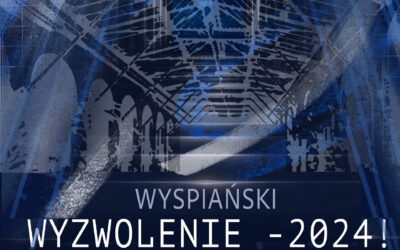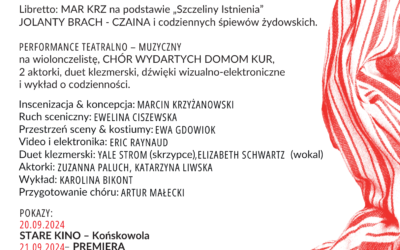Les Violons d`Ingres
Les Violonsd’Ingres – A journey on Eight Strings
Main aim of the musical and cultural Atelier A journey on eight strings, sponsored by I-Portunus Music mobility grant of the Creative Europe Programme of the European Union,is to contribute to a better knowledge and dissemination of classical music of the Nineteen century and beyond, and in particular of the vast repertoire of compositions dedicated to the violin duo by authors such as Bela Bartòk, Paul Hindemith, Luciano Berio, Sergej Prokofiev, Darius Milhaud and many others. A corpus of works still largely unknown outside the restricted circle of professionals and amateurs of contemporary classical music, but which contains numerous compositions of great musical value. The atelier, of the duration of three days, addresses the theme through a series of cultural and musical conferences which, led by the violinists Erica Scherl and Claudia Cancellotti, members of Les Violonsd’Ingres, will be addressed at both music scholars, students and professionals, and to a wider audience of lovers of music, arts and culture. Each presentation will focus on a specific aspect of the general theme: starting with a concert-conference presenting a vast overview on baroque, classic, modern and contemporary original compositions for two violins, the Atelier will continue with a recital of Les Violonsd’Ingres dedicated to their recording project of XIX century composers Acanthus, ending with a final Atelier that, through an analysis of the life and work of the Italian composer GiacintoScelsi, focuses on the relations of Western classical music with other art forms and with the musical and culturalothers places and peoples, and, in particular, of an Orient both imagined and real.
PROGRAMME OF THE ACTIVITIES
Monday 11 October h 17.00, Warsaw, Galeria XX1 al.Jana Pawła 36
Conference-Concert: Therepertoirefortwoviolins between past and future:a space of experimental innovation
Theartsofviolinplayingandmakingrepresentanimportantpartoftheclassicalmusicaltraditionsincethe early 17th century. The violin timbre largely influenced the sonorities of Baroque music, of which a shiningexample are certainly the Corelli and the Vivaldi violin compositions, evolving then gradually through the freshvivacityoftheclassicperiod,tobecomeeventuallythesymbolofromanticvirtuosityandfurther,intothefieldofexperimentalresearchonviolin’stechnicalandexpressivepotentialitiesbymodernandcontemporarycomposers.Many composers of different eras and styles engaged also with the repertoire for violin duo, which hasrepresented, over the centuries, a fertile creative ground, reflecting in the musical forms and sonorities thespecificities and developments in the esthetic and in the compositional characteristics of the different historicstyles. The authors presented during the Conference-concert range from certainly well-known authors of theBaroque and classic periods, such as L. Boccherini, G.P. Telemann and G.B.Viotti, promoters ofabrilliant,virtuosoandcaptivatingviolinlanguage,totheworksoftwentieth-centuryandcontemporarycomposers, that explore the potentialities of this agile ensemble and the elements of the most current andavantgarde musical language. Among these stand out, for their innovative and articulated musical construction,Béla Bártok duets, inspired by folk tunes and rhythms drawn from the rich Eastern European musical and cultural basin, and Luciano Berio’s imaginative „tributes” to modern and contemporary composers and artists such as EdoardoSanguineti, BrunoMadernaandIgorStravinsky.
Tuesday12 October h 17.00 –Warsaw, Mazowiecki Instytut Kultury (MIK)ul.Elektoralna 12
Concert of Les Violonsd’Ingres: Acanthus:Music for two violins from the XX century and beyond
Although scarcely represented in concert halls, the repertoire for violin duo includes a large number of original compositions from several musical periods and traditions, from the early sixteenth century up to the eighteenth and nineteenth. The works for violin duo were often intended for educational purposes, but, thanks to the versatility of the instrument, this agile ensemble was also highly appreciated for playing music in family circles and for performances by famous virtuosos in private homes. This variety of setting and audience is paralleled by a great diversity of musical style, genre and form in the compositions. The repertoire reached its greatest expansion in the nineteenth century, when many composers discovered, in the violin duo, a great potential for experimenting with new, audacious sonic possibilities by combining stylistic and harmonic innovations within a clear and compelling dialogic form. The authors chosen for Achanthus, although coming from different times and traditions, share a common expressive temper, defined by musical traits and gestures, such as frequent chromatic transformations and alternating languid melodic lines with rhythmic and percussive elements. Another common feature can be found in recurrent references to the repertoire’sorigins, as in the recurrent contrapuntal forms. Among the modern and contemporary compositions for two violins of P. Hindemith, F.Margola, G.Viozzi and B.Bartòk, the programme includes two earlier masterpieces – one of L. Boccherini, of early classic period, and one of G.B.Viotti, already oriented toward the romantic style – to better appreciate the evolution of the instrumental language along the centuries.
Concert programme:
Paul Hindemith: KanonischesVortragsstückfürzweiViolinen(1931)
I: Mäβig schnell; II: Mäβig bewegtmitGrazie; III: Schnell
Luigi Boccherini: Notturno in E-flat minor La Buona Notte (1766 ca)
- Amoroso; II. Rondò-Allegretto; III. Minuetto e Trio; Presto assai: La Buona Notte
Giovanni Battista Viotti: Duo for Two Violins in C minor, Op. 29/3 (1800 ca)
- Maestoso moderato e con molta espressione; II. Adagio; III. Allegro agitato assai
Franco Margola: Partita per due violini(1951)
Preludio – Ampiamente; Canone – Ben deciso; Serpentaria – Andante; Ostinato – Allegro; Gagliarda – Allegro deciso;
Finale – Allegro vivo
Giulio Viozzi: Dodici duetti per due violini (1984)
I: Tempo di marcia; II: Calmo; III: Vivace; VI: Mosso; VIII: Piuttosto lento; X: Allegramente
Béla Bartòk: 44 Duets for Two Violins (1931)
- 44 – Transylvanian Dance (Ardeliana); n. 38 – Rumanian Whirling Dance; n. 35 – Ruthenian Kolomejka; n. 36 – The Bagpipe
Wednesday 13 October h 17.00– Warsaw, Galeria XX1 al.Jana Pawła 36
Improvisation Workshop:Intimatesoundsfromelsewhere:theinnerOrientofGiacintoScelsi
This activity, addressed to students of music and professional musicians, focuseson the life, music and personality of the Italiancomposer GiacintoScelsi (1905-1988), a multifaceted and eclectic artist deeply influenced by oriental mysticismand disposed to incursions and contaminations with other forms of art, such as poetry, the visual arts, dance andtheater. During the first part of the meeting Les Violonsd’Ingreswill present audio and video materials relating to GiacintoScelsi’s life and music. The duo will exemplify and illustrate specific aspects, including technical ones, of his compositionalstyle and his aesthetics, deeply rooted in a mystic and esoteric conception of sound and music phenomena. Aworkshop component is planned to follow the presentation, aimed at professional musicians and artists ofdifferent disciplines aiming at experimenting the interaction and dialogue between sound improvisation anddance, theater and visual arts, starting from the peculiar notion, approach and use of sound and musical gesturecharacteristic ofthe work of GiacintoScelsi.
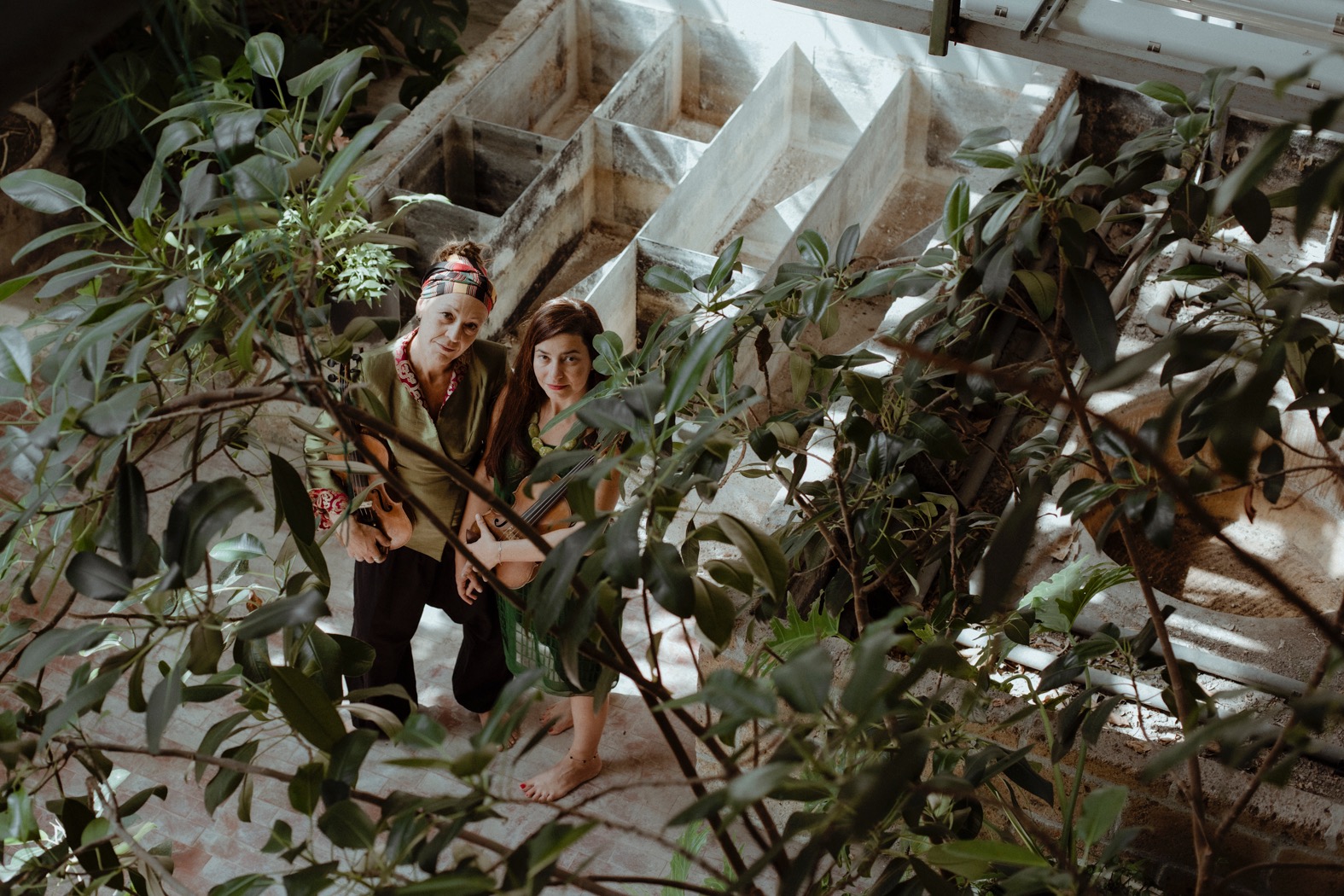
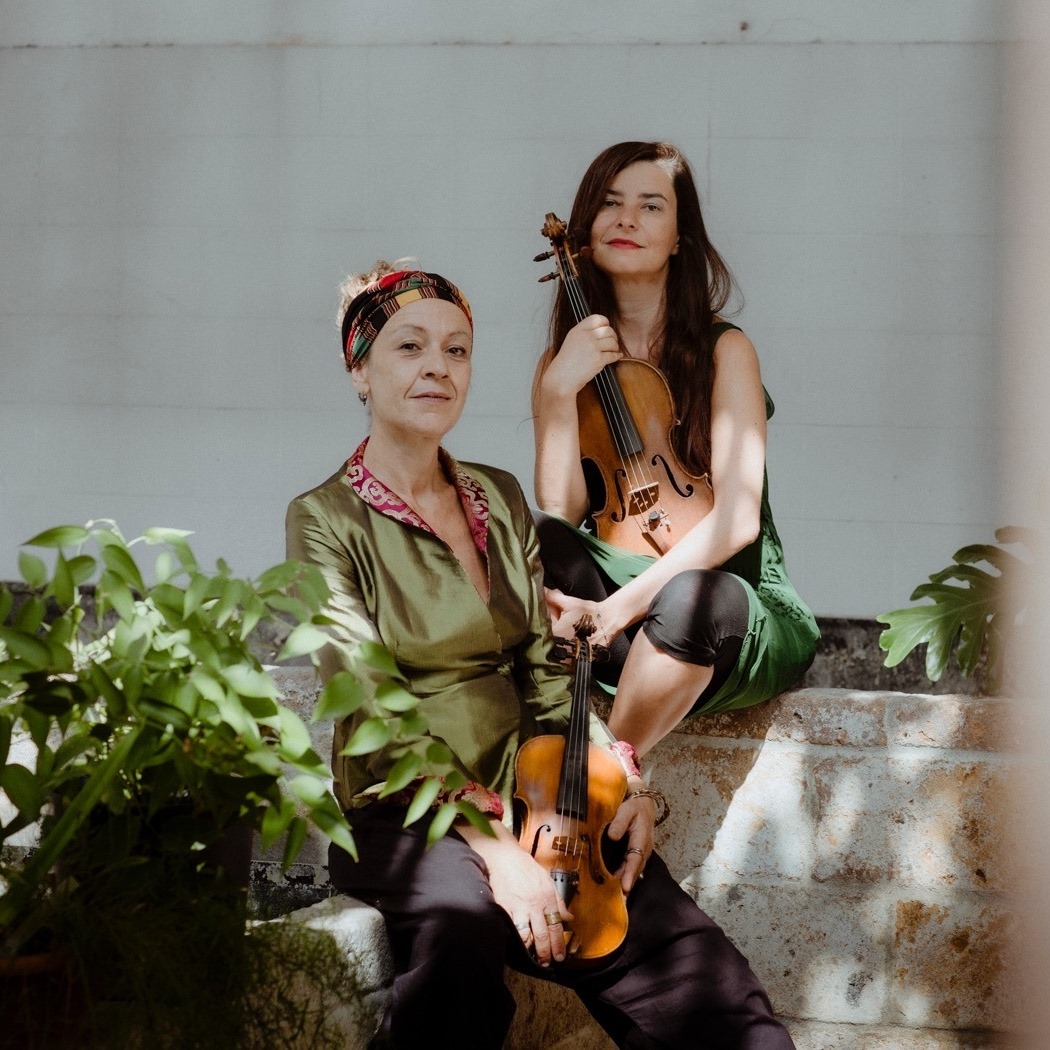
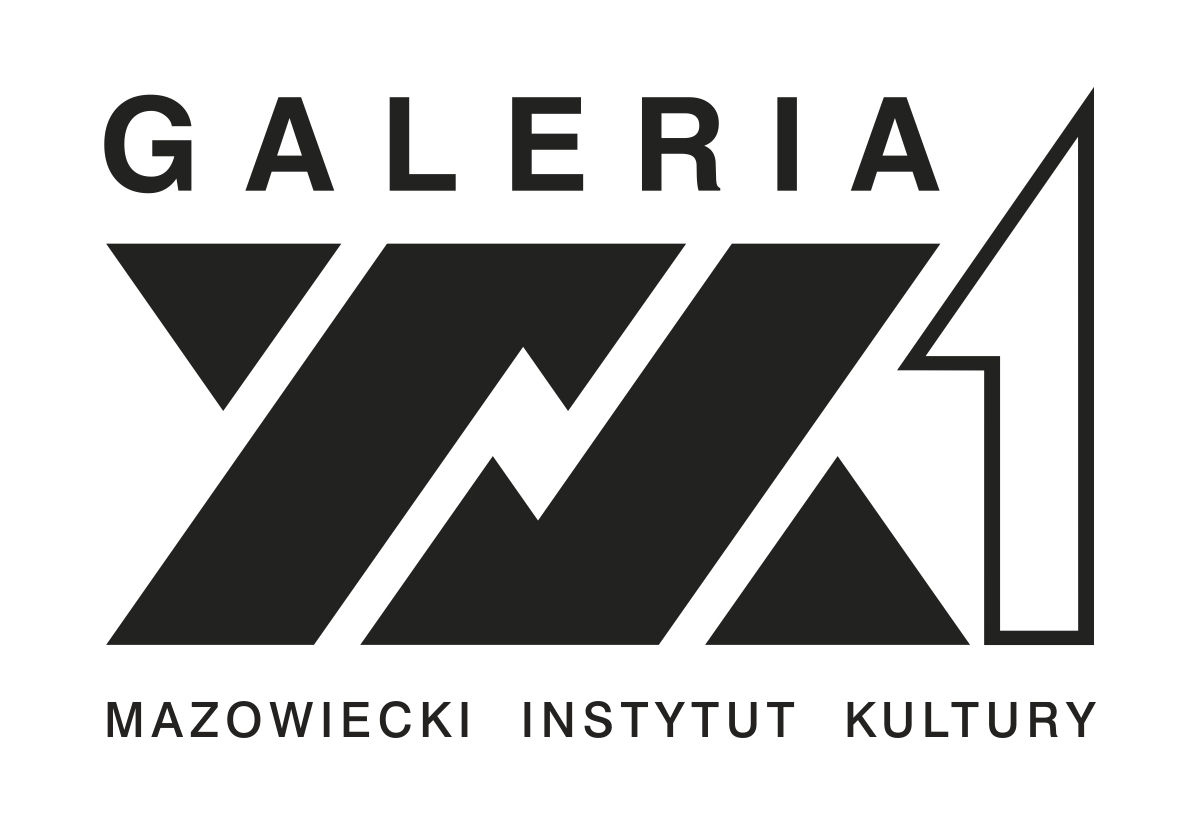



Wpisy o podobnym temacie
Wyspiański Wyzwolenie 2024!
Wyspiański Wyzwolenie 2024! Seans społeczeństwa zmęczenia oparty emocjonalnie na dramacie Stanisława Wyspiańskiego WYZWOLENIE wykorzystuje teksty Byung-Chul Han i Carl Gustav Jung i dźwięki PURE MusicWykonawcyKordian- Andrzej ChyraGlitch Kordian - Mar KrzOsoby...
Pieśni Codzienności
Pieśni Codzienności Libretto: MAR KRZ na podstawie „Szczeliny Istnienia” JOLANTY BRACH - CZAINA i codziennych śpiewów żydowskich. PERFORMANCE TEATRALNO – MUZYCZNY na wiolonczelistę, CHÓR WYDARTYCH DOMOM KUR, 2 aktorki, duet klezmerski, dźwięki...
Kapsuła Dźwięków
Kapsuła Dźwięków PROGRAM PIEŚNI CODZIENNOŚCI – NIGUNIM na chór kobiet, wiolonczelę elektryczną duet klezmerski, aktorki, elektronikę i wizje oraz wykład na temat codzienności. Koncepcja i libretto według J.Brach-Czaina: ”Szczeliny Istnienia” i...

